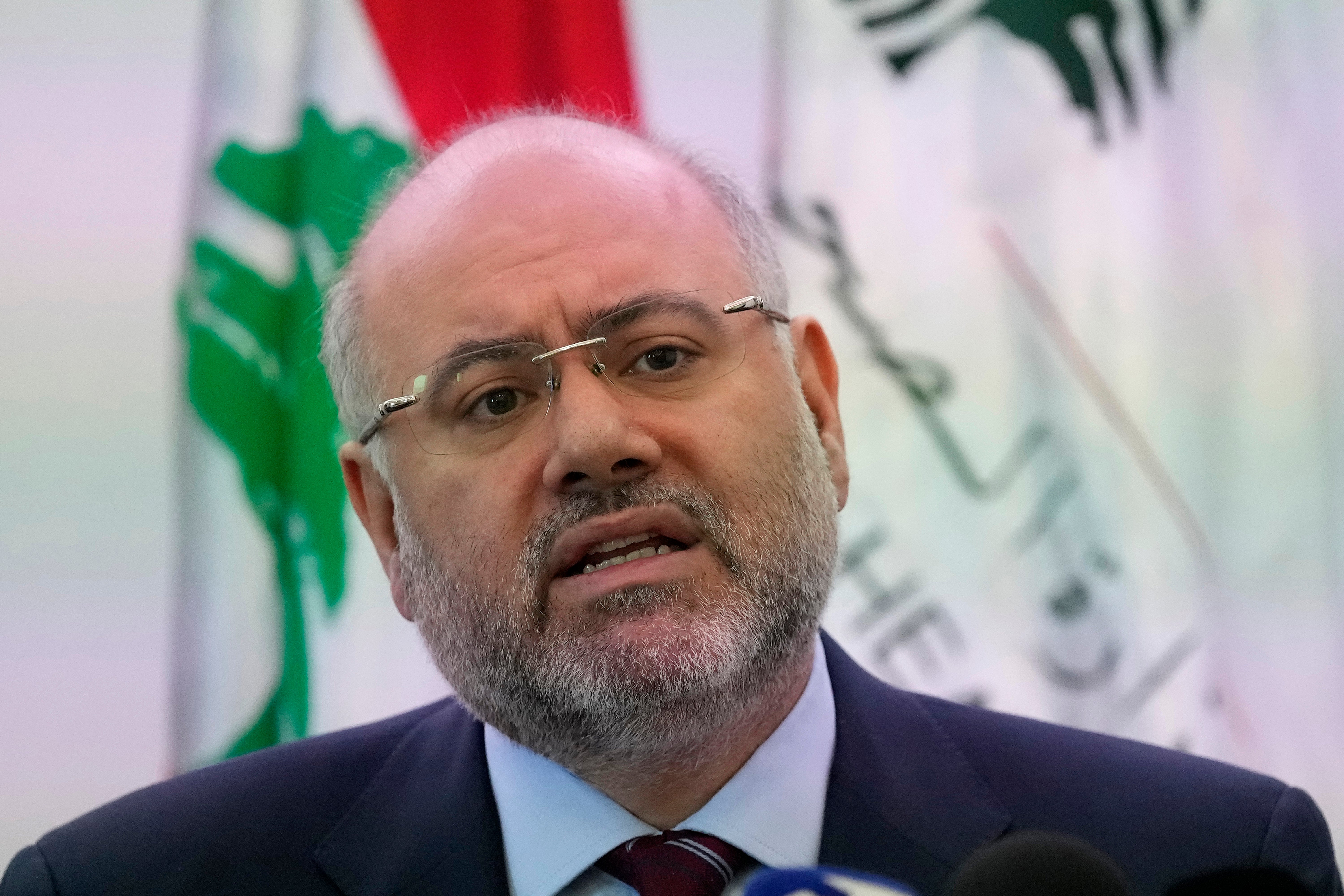Lebanon inspecting new suspected cases of cholera
Lebanon’s health minister has said the authorities are inspecting new suspected cases of cholera, less than a day after confirming its first case of the illness in the country since 1993

Lebanon’s health minister said on Friday that authorities are inspecting suspected cases of cholera, less than a day after the cash-strapped country confirmed its first case of the illness since 1993.
The news came almost a month after an outbreak of the illness in neighboring war-torn Syria.
Firas Abiad, Lebanon’s caretaker health minister, said in a press conference that the first case was a middle-aged Syrian refugee man living in the impoverished northern province of Akkar, and confirmed a second case in the area.
“There are several other suspected cases,” Abiad said. “Cholera is an illness that is easily transmissible.”
The developments take place as Lebanon's economy continues to spiral, plunging three-quarters of its population into poverty. Rampant power cuts, water shortages, and skyrocketing inflation have deteriorated living conditions for millions.
The Lebanese health minister added that the authorities have been working with the United Nations Children’s Fund and World Health Organization for weeks to ensure the cash-strapped country can respond to a possible outbreak, and expand testing capacities at hospitals and labs.
“We're making sure that there is safe water and a good sewage system,” Abiad said..
According to the WHO, a cholera infection is caused by consuming food or water infected with the Vibrio cholerae bacteria, and while most cases are mild to moderate, not treating the illness could lead to death.
About 1 million Syrian refugees who fled their country’s civil war reside in neighboring Lebanon. Most live in extreme poverty in tented settlements or in overcrowded apartments.
Poverty has also deepened for many Lebanese, with many families often rationing water, unable to afford private water tanks for drinking and domestic use.
The health minister said Lebanon has secured the necessary equipment and medicines to treat patients.
Richard Brennan, Regional Emergency Director of the WHO Eastern Mediterranean Region told The Associated Press Thursday that the organization has also been coordinating with other countries neighboring Syria to help respond to a possible outbreak.
However, he said vaccines are in short supply due to global demand.
The U.N. and Syria’s Health Ministry have said the source of the outbreak is likely linked to people drinking unsafe water from the Euphrates River and using contaminated water to irrigate crops, resulting in food contamination.
Syria’s health services have suffered heavily from its years-long war, while much of the country is short on supplies to sanitize water.
Syrian health officials as of Wednesday documented at least 594 cases of cholera and 39 deaths. Meanwhile, in the rebel-held northwest of the country, health authorities documented 605 suspected cases, dozens of confirmed cases, and at least one death.
Bookmark popover
Removed from bookmarks